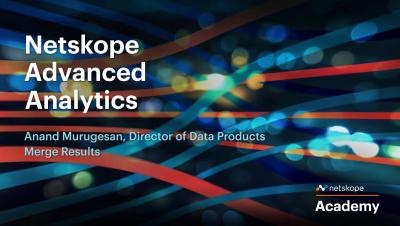Healthcare systems under attack
In October 2021, the IT systems of the Israeli healthcare system suffered a ransomware attack from which it took weeks to recover. Although the motive for the cyberattack on this occasion was not geopolitical but financial, government sources said they feared that far more dangerous incidents against this sector could be carried out by groups linked to foreign powers such as Iran.











